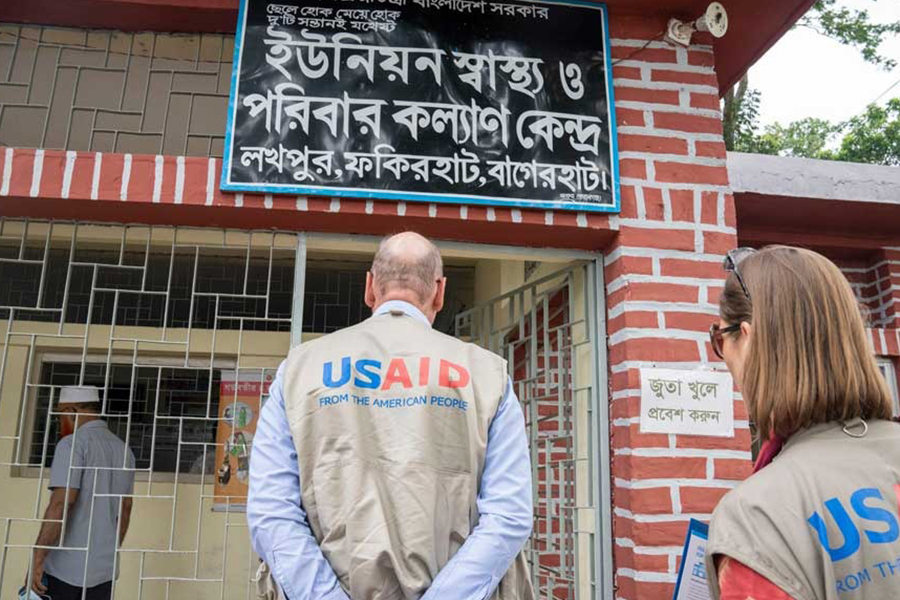
More than 50,000 development professionals in Bangladesh have lost their jobs due to the abrupt shutdown of USAID funded projects across the country, a crisis triggered by a "stop-work" order issued by the U.S. government in January 2025.
According to Zinat Ara Afroze, convener of the Association of Unemployed Development Professionals (AUDP), 55 out of 59 USAID funded projects in Bangladesh were halted following the directive, resulting in the loss of employment for thousands of skilled professionals engaged in various sectors including health, agriculture, governance, and social development. The country has also faced a loss of development assistance amounting to approximately $700 million.
The sudden suspension of funding has left many professionals without warning or transition support, forcing them into financial uncertainty. Afroze highlighted the urgent need for formal recognition of this unemployment crisis and called for a comprehensive assessment of its broader economic impacts. She also demanded immediate dialogue with the government to explore solutions and requested amendments to tax laws to provide relief such as tax refunds and waivers for the affected professionals.
The USAID funding freeze has had ripple effects across Bangladesh’s development sector. Institutions like the International Centre for Diarrhoeal Disease Research, Bangladesh (icddr,b), which plays a critical role in public health, have seen job terminations affecting over a thousand employees. The suspension has also impacted numerous local NGOs and partner organizations that relied heavily on USAID funding.
Experts warn that the funding cuts threaten to reverse years of progress made in development and humanitarian efforts. Many professionals specialized in donor-funded projects find it difficult to transition to other fields, exacerbating the employment crisis. The halt also coincides with similar funding reductions from other international donors, signaling a shrinking development sector in Bangladesh over the coming years.
The impact extends beyond individual livelihoods, potentially undermining Bangladesh’s broader development goals. The affected professionals have voiced concerns about their ability to meet financial obligations, including education expenses for their families, highlighting the human cost of the funding suspension.
As the USAID undergoes restructuring, stakeholders urge prioritizing critical programs and resuming support to safeguard ongoing development interventions. Meanwhile, the government and civil society groups are called upon to address the emerging unemployment crisis and mitigate its consequences on Bangladesh’s workforce and economy.
This development marks a significant setback for Bangladesh’s development sector, emphasizing the urgent need for coordinated action to support displaced professionals and sustain the country’s progress.
Comments
Post a Comment